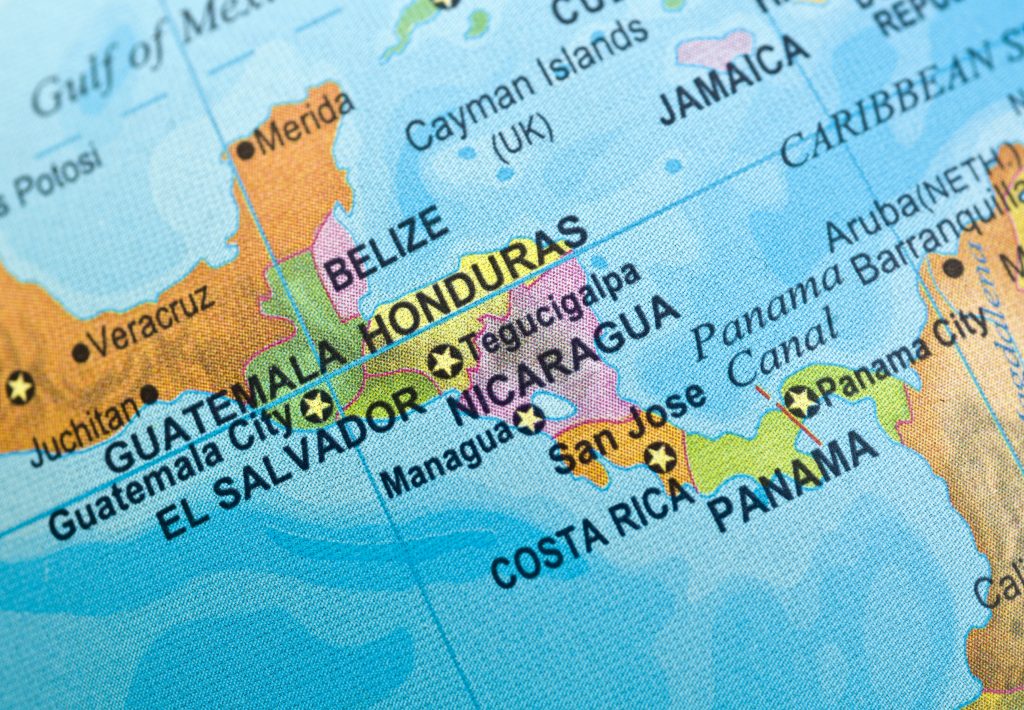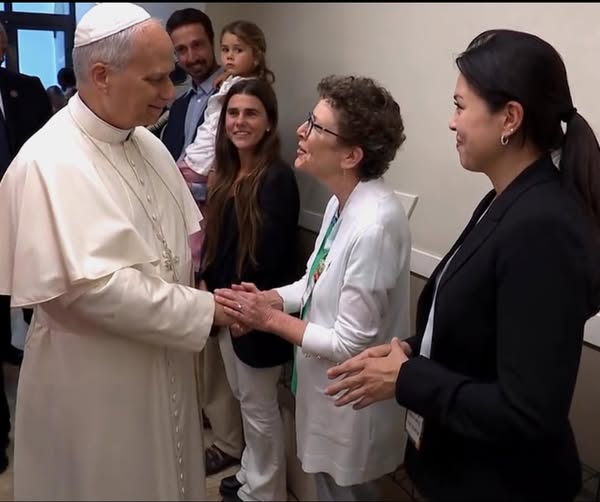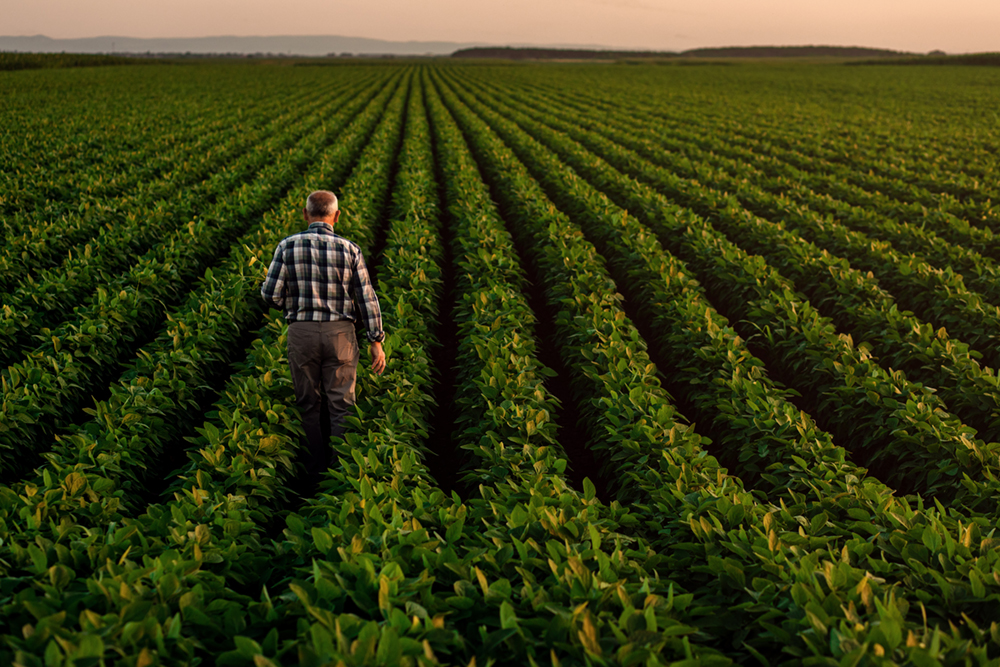Read Sister Rose Marie Tresp’s reflection on pilgrimages.
Featured Stories
Featured Stories
-
Remember our loved ones and all creation on All Saints & All Souls
October 31, 2025
-
Birds in the wild, Mercy on the streets
September 19, 2025
-
In harmony with all creation
April 30, 2025
In the beautiful tropical forests of northwestern Panama, Sister Edith González and I have walked alongside the Ngäbe inidigenous people embracing the Critical Concerns of the Sisters of Mercy and the call of Pope Francis to care for the earth.




